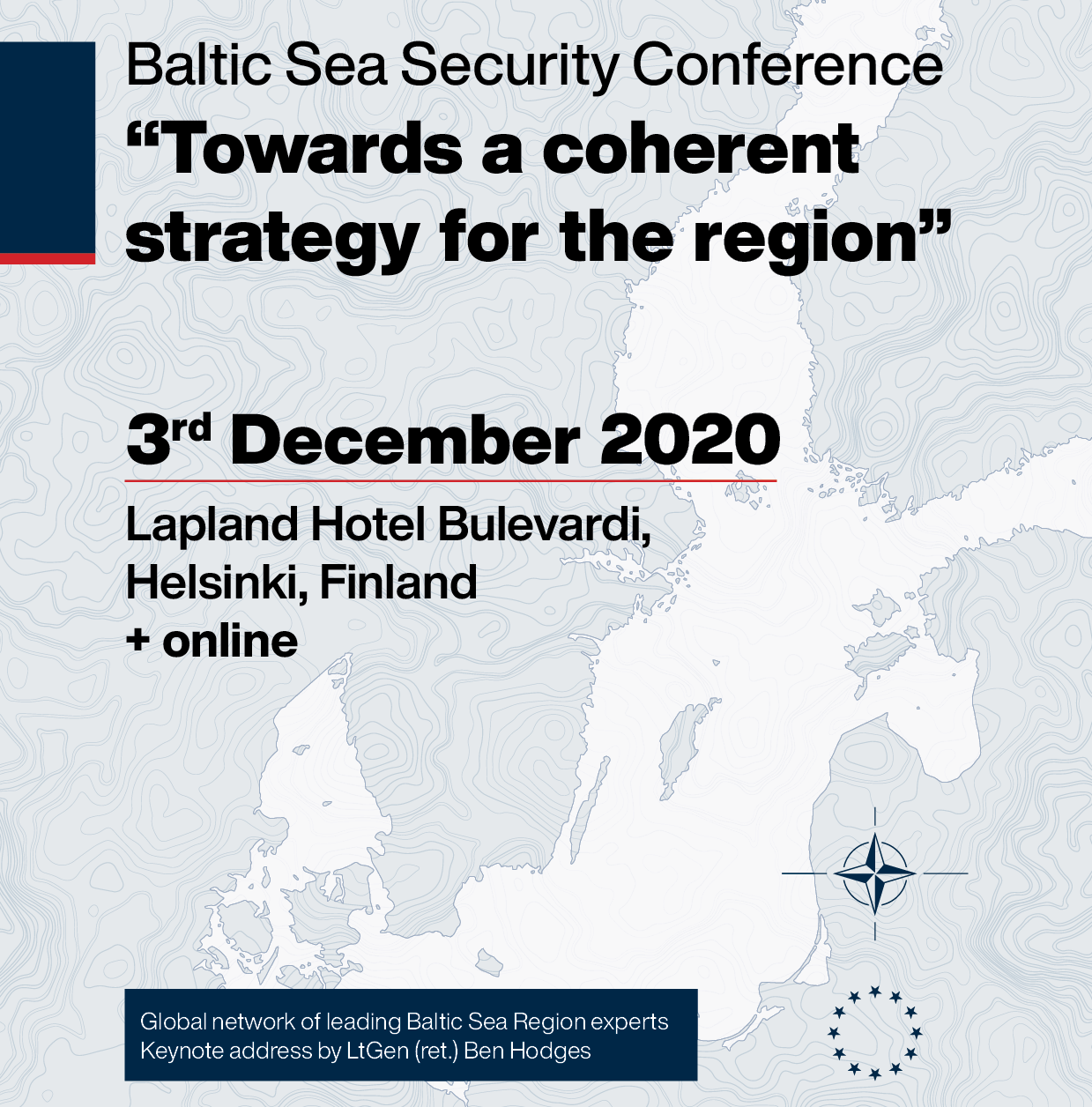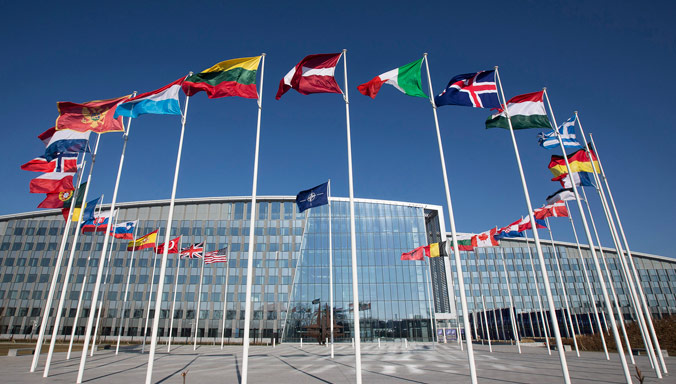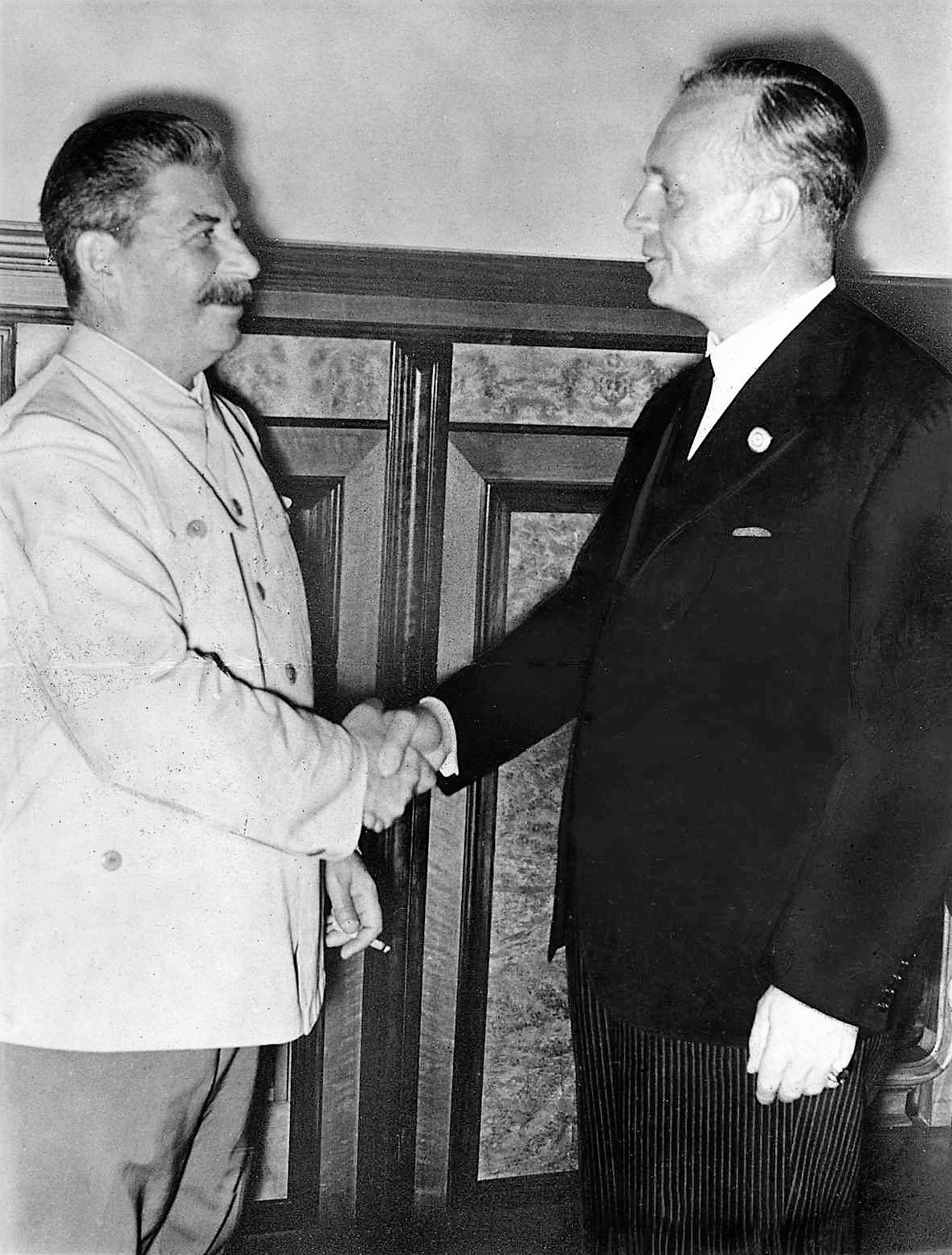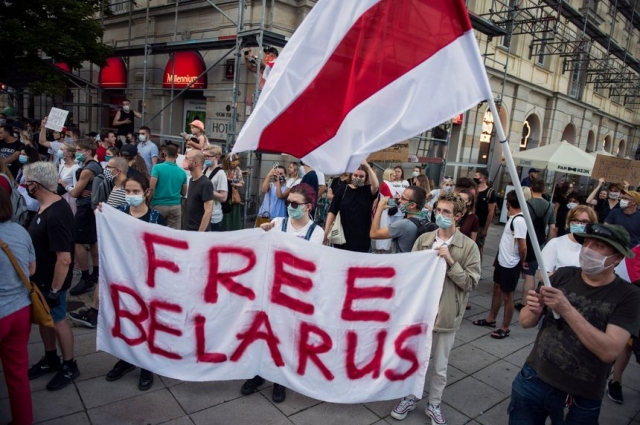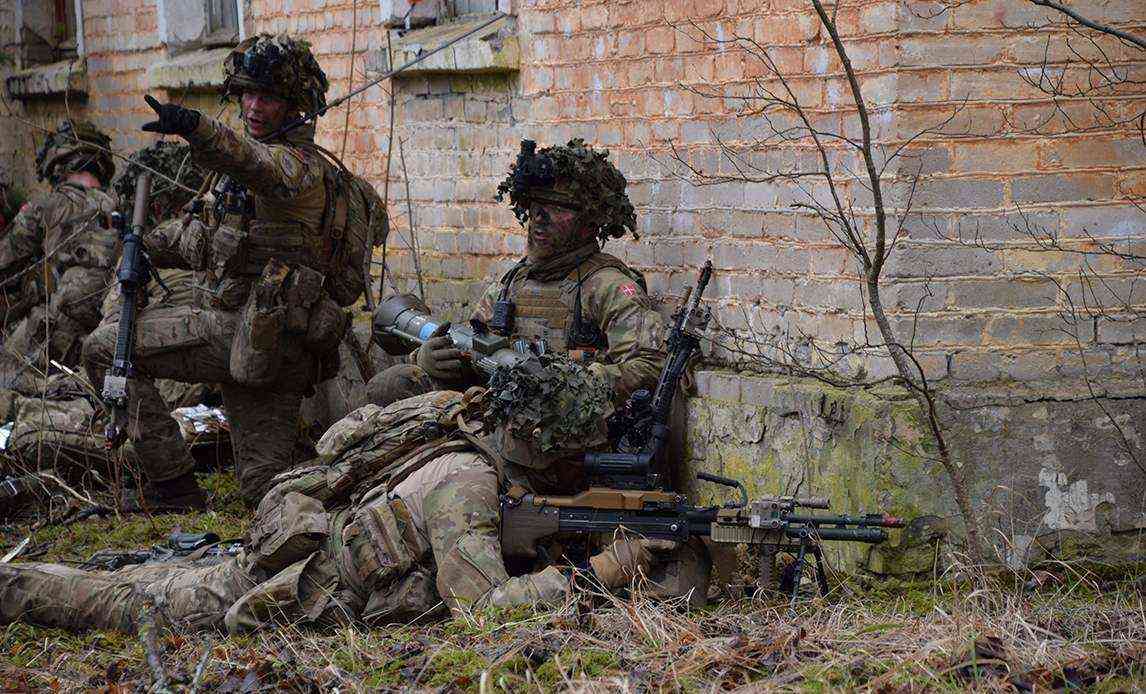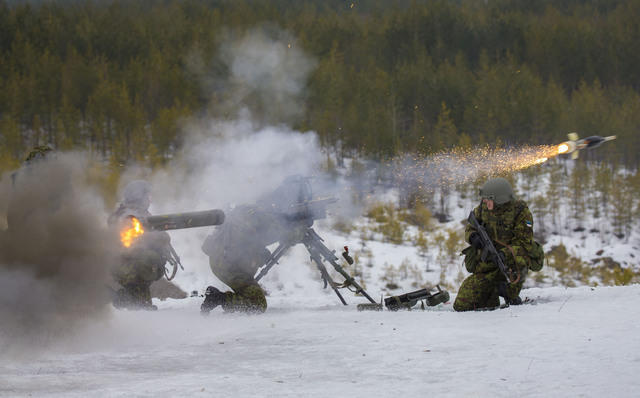Baltic Sea Security Conference 2020
Baltic Sea Security Conference to deal with fragmented security approaches Baltic Sea Security Conference will take place on December 3rd in Helsinki, Finland as well as online. The conference concludes the Baltic Sea Security Initiative, involving workshops, lectures and seminars on the regional aspects of military, societal, economic and cyber security. The initiative joined 150 participants, including Baltic experts from Europe, United States and Japan. The experts of the initiative will share their conclusions with top-level guest speakers from public and private sectors over several panel discussions.

